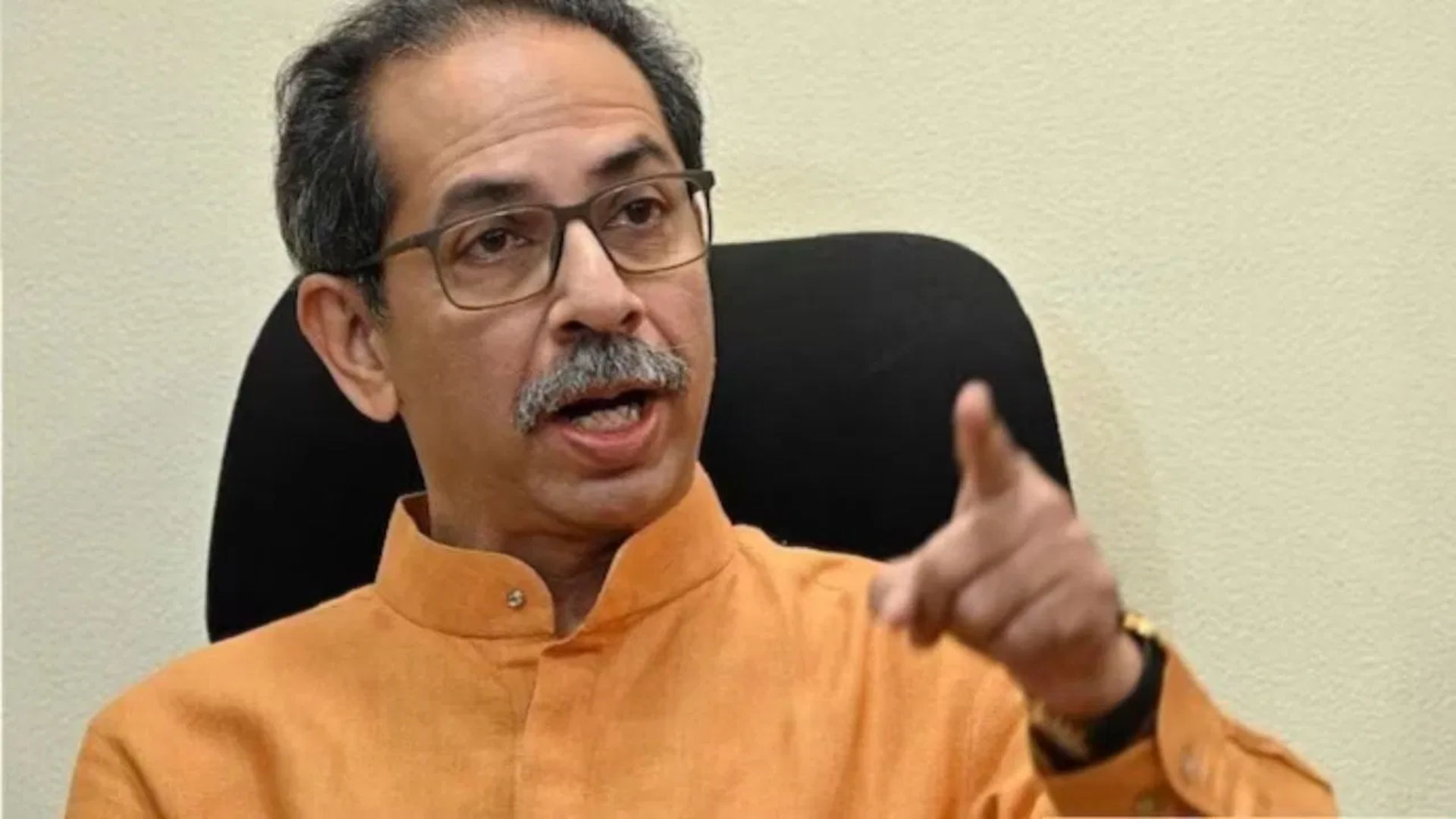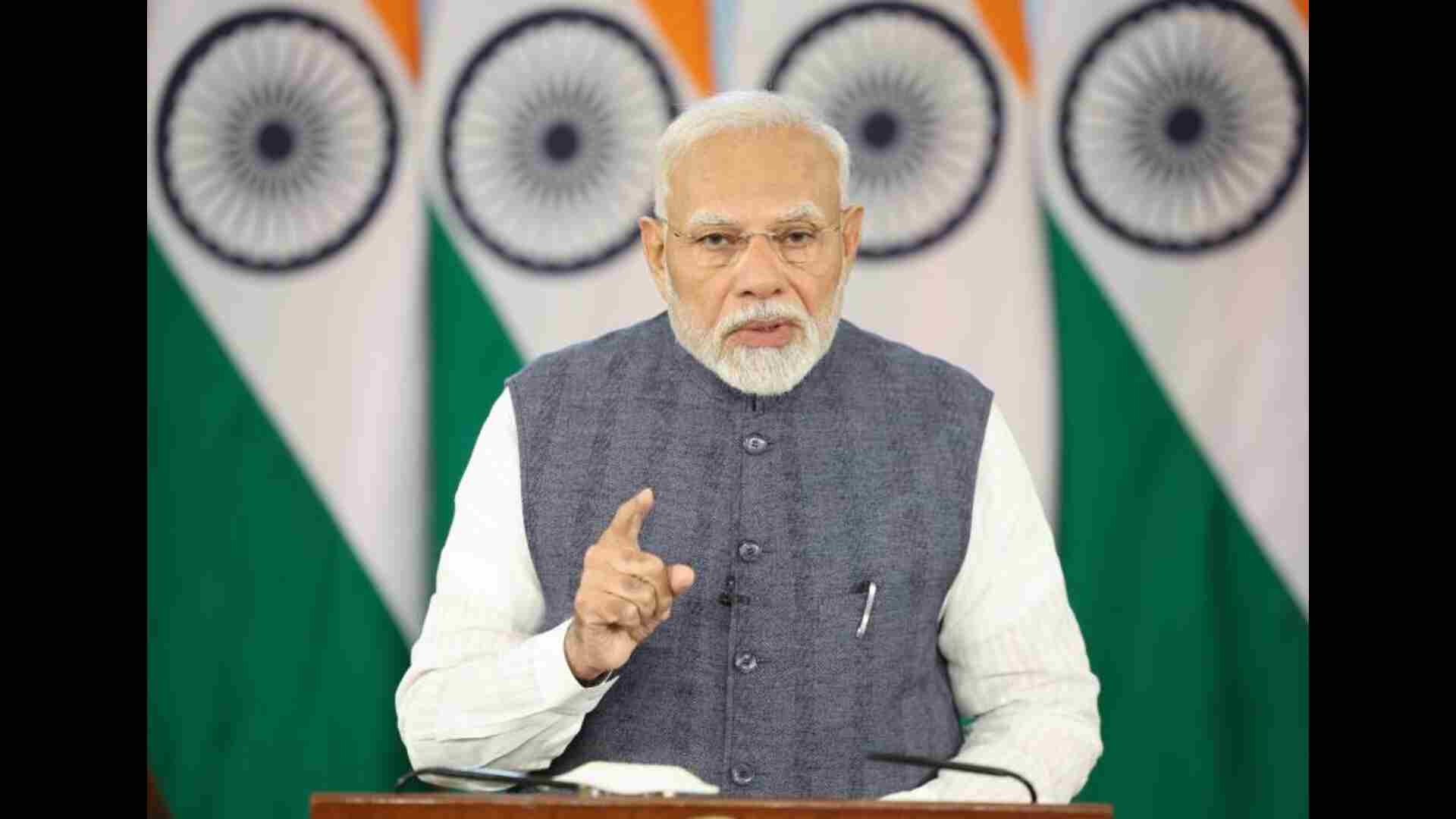
Education has two aims: the primary and the ultimate. The primary aim pertains to literacy, knowledge acquisition and developing livelihood as well as life skills, whereas, the ultimate aim of higher education is pursuit of truth, grasping higher objectives and meaning of life and, man’s role in the ecosystem. Here, the highlight is on the significance and exigency of transforming the higher education system to safeguard the interests of the nation and the citizens in view of fast changing global scenarios described below.
Between 18th-20th centuries, the world witnessed four major industrial revolutions (IR 10-4.0); the textile revolution (1780), mechanization (1870), automation (mid 1900s) and digital revolution (turn of the 20th century) coupled with artificial intelligence (AI) and machine learning. Each revolution contributed significantly to irreversible technology driven disruption in jobs. Of these, digital revolution has impacted massively and swiftly resulting in numerous innovations (high-speed Wi-Fi service, creation of networks of people, things, services, machine learning, AI etc.) which have touched everyone’s lives. Further, such developments are threatening less developed nations to slavery of a different kind, colonization by companies; a real challenge for India too. The implications of these are indeed far greater than most people believe or perceive. Digital revolution and ownership of digital facilities by companies affect people’s privacy, data security, day-to-day activities in all spheres; spreading from business and economy, international relations to border security. Also, unfathomable learning capacities of machines are making human beings progressively shallow in knowledge. The digital gadgets and AI are replacing human tasks with inconceivable consequences. For instance, they may over time diminish our cognitive skills and memory. All scientific progress has a base in education. Obviously, the IRs and education systems impact each other. Therefore, one wonders whether India can go on with the present education system or go for an unprecedented disruption and design new models of higher education to enable making innovations a habit on the part of learners.
At present, the digital divide between different groups of people, the rich and the poor, rural and urban, urban-rich and urban-poor, teachers and learners and so on, is also quite wide. Such gulf can lead to social instabilities and disequilibrium. However, the world has already embraced AI in a big way heralding futuristic civilization with immense prospects as well as threats that are difficult to predict. An issue of great concern is that recent developments in science and technology can come handy to those interested in breaking enemy countries by creating hostile groups of people to fight among themselves. The piercing message is the need for urgent disruption of higher education to prepare the future generations to overcome challenges like misuse of AI, cybercrimes and reduce the impact of colonization by companies etc.
Restructuring our higher education system and taking it to international standards is inevitable. For this to happen, remodeling universities, and repurposing higher education through massive disruption is the answer. Both Central and state governments must swiftly recognize the importance of competency in teaching-learning-assessment processes, and quality management of higher education, from colleges to regulatory bodies. It requires a change in the mindset, policies and proper governance. First, in the appointment of leaders of the institutions, and faculty of national/international stature, competency, and impeccable track record should prevail over other considerations like seniority or minimum basic qualifications. Second, the governments concerned must provide adequate funds to establish “state-of-the-art” infrastructure (modular class rooms, labs etc.) in all varsities. Third, the existing teachers need retraining/relearning for adoption of modern pedagogies of international standards in teaching, learning and assessment processes. Fourth, the future curriculums of various courses have to be context based with clear strategies of content delivery. Fifth, the government must make up its mind to restore total autonomy to universities in recruiting eminent faculty, constitution of worthy governing bodies and so on. Adequate funding is vital; scanty investment in education will ensure little dividends and jeopardize the national interests. There are ways to find resources (alumni, donors etc.). Spending on various conferences could be kept on hold for a few years. Funding for research may be selectively channelized for nationally relevant projects and development of technologies or new knowledge. Hence, repetitive and meaningless research must be curbed.
Importantly, in any university system, as in the private enterprises, right people need to be in right place so as to accomplish desired outcomes. Higher education institutions need to be managed on the principles of private sectors with provisions to hire or fire based on their performance of its leaders, (Principals, Vice Chancellors, and Chairpersons of regulatory and funding bodies), faculty and supporting staff. Blindly applying democratic principles in the recruitment or promotion to higher positions on considerations other than competency and usefulness to the institutions (as in the past) will further ruin the education scenario.
In closing, the fast-changing global scenario demands disruptive model of education to enable customizing learning, reinforcing digital skills, encouraging critical thinking and integrating AI and various related knowledge domains in the transformed curriculums. Modernizing India needs transformational rather than transactional changes in the education system. The new educational model must focus on multidisciplinary learning through metamorphosed curricular aspects, digital innovations, practice over theory, closer links with the job market, and making competitiveness a priority. Sadly, most academicians and governmental agencies concerned are stuck with logistic issues rather than boldly engaging in making revolutionary transformations of curricula.
Evidently, “disruption” is embedded in NEP-2020 in the form of: exit/re-entry options, academic credit banks, use of MOOCs, Educational Technologies (EdTech) and ‘Professors of Practice’ (allowing lateral entry of corporates). Seemingly, a computer-based learning makes education more affordable, accessible and, customizable so that students truly learn more. Once this is in place in the near or distant future, degree colleges may become redundant and unviable. Why thousands of professors have to give the same lectures year after year across institutions in the country when they can be accessed easily online at their convenience, ask some people. Given an opportunity, students can learn from home and appear for university examinations online (an economical option). Varsities may examine students and issue certifications. Of course, students will miss the excitement of campus life and physical interactions with fellow learners and faculty. But, they may graduate early or late depending upon the circumstances they live in—between 2-6 years instead of fixed 4-years. Therefore, regardless of the merits and logistic difficulties, the states must undertake revamping higher education and its disruption in the light of NEP-2020. Hurdles and opposition will be there. The best way to overcome these is to follow Pareto’s 80/20 principle by adopting most critical suggestions of the policy, leaving others for later contemplation.
Academic growths or declines of varsities depend on the political will, liberal funding, and greater participation of the academic community; it is impossible to reform Indian education system and take it to global standards without their support. Merely debating on the merits/demerits of the new policy is futile; for vision without accomplishment is hallucination. Quick actions are urgently needed to ensure prosperity for the nation and future generations. (Source: Remodeling the Universities by S.K. Saidapur, Atlantic Press, Delhi)
The author is a former Vice-Chancellor of Karnatak University, Dharwad.















